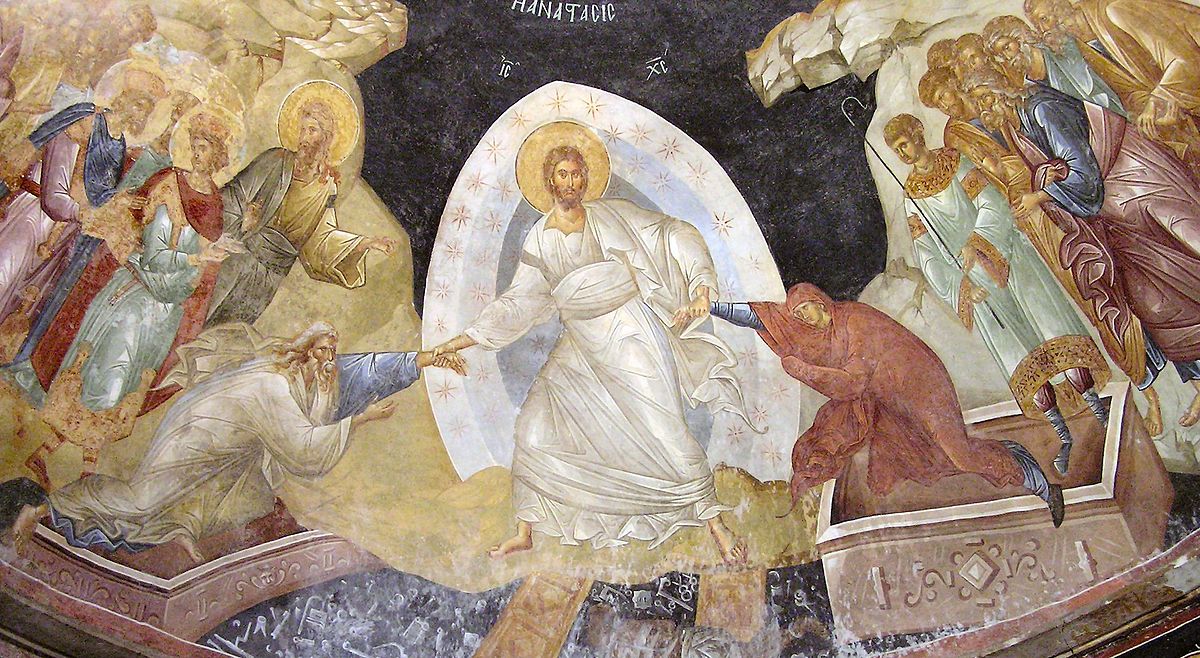ユング『赤の書』の心理学:死者の嘆き声を聴く 単行本 – 2015/6/10
ジェイムズ・ヒルマン (著), ソヌ・シャムダサーニ (著)
引用
死者なのです。単なるメタファーではありません。無意識とか、そんなものを暗示する謎かけ言葉ではないです。ユングが死者について語る時は、本当に死者のことをただ述べているだけです。そして死者は様々なイメージをとって現れます。まだ生きているのです。 p4
(ユングは)死者たちの嘆きを引き受けることである」と。p24
ユングはそこに存在するものの価値を認めて、、、、、、拒絶してはいけないということですね。p25 (キリスト教の立場と異なると。>説明は省略)
このことと出会うことなしに、純粋に生きることはできないのです。これはまた、歴史への責任を受け入れるということでもあります。p27
ユングが自らに課した課題なのです。第一次世界大戦について、、、、一つの内的共犯関係の観点から語っています。われわれ全員がそれに荷担したのだ。、、、、、集合的なところで起きていることは、われわれの内部でも起きているのだ、と。p27
ユングは、死者は屋根の軒下にいると記しています。p28
死者の嘆き: ユングのレッドブック後の心理学 – 2013/8/27
Jung wrote that the dead are under the eaves of the roof. p28
Lament of the Dead: Psychology After Jung's Red Book – Aug. 27 2013
死者は当人に成り代わりたいのです。そうなると、そこで演じられるのは、まさに文字通りの憑依です。そうなる危険があります。しかしある意味では、彼ら死者が求めていることが認識できて初めて、死者たちから身をきりはなしつつ、同時に、自分の独立性を取り戻すことが実際に可能になるのです。p29
The dead want to take their place. In that case, what is enacted there is quite literally possession. There is a danger that this will happen. But in a sense, it is only when we recognize the needs of the dead that it is actually possible to separate ourselves from them and, at the same time, regain our independence. p29 (Automatic translation of Japanese translation)
Lament of the Dead: Psychology After Jung's Red Book Hardcover – Aug. 27 2013
地獄の悲惨さ
この混乱は死者の姿で満たされています。「あなたの死者だけでなく、すべての死者です。
あなたが過去に撮った形のイメージ、あなたの現在の人生が残したものだけでなく、人類の歴史の中で群がる死者も…」 混沌には、放棄されたもの、または呪われたものがすべて含まれています。 魂の働きは、死者を自由に導くことにあります。 古いものなしには新しいものは建てられず、「新しい救いは常にあります」
以前に失われたものを回復することです。」 私たちは死者なしでは完全ではありません。そして、「愛の支配の下で太古の昔から存在してきたものを回復することによって彼らに救いを与えるまで」、私たちは彼らの嘆きを聞くことになるでしょう。 前を向くのではなく、過去を振り返って自分を見つめる必要があります。 ユングの次の言葉は不気味に今っぽく聞こえます。
「私たちは盲目の種族です。 私たちは表面だけ、現在だけを生き、明日のことだけを考えます。 私たちは、死者を受け入れないという点で、過去を大まかに扱います。 私たちは、目に見える成功だけを求めて働きたいと考えています。 何よりも、私たちは給料をもらいたいのです。 私たちは、目に見えて人に奉仕しない隠れた仕事をするのは非常識だと思います。」
This chaos is filled with the figures of the dead – “not just your dead, that is, all the
images of the shapes you took in the past, which your ongoing life has left behind, but also the thronging dead of human history … .” The chaos contains also everything which has been renounced or damned. The work of the soul consist in delivering the dead to freedom. The new cannot be built without the old, and “a new salvation is always
a restoring of the previously lost.” We are not complete without our dead and we will be hearing their laments “until we grant them redemption through restoring what has existed since ancient times under the rule of love.” Instead of looking forward we need to look back and into ourselves. The following words of Jung sound eerily current:
“We are a blinded race. We live only on the surface, only in the present, and think only of tomorrow. We deal roughly with the past in that we do not accept the dead. We want to work only with visible success. Above all we want to be paid. We would consider it insane to do hidden work that does not visibly serve men.”
人間の中にある神の似姿は堕落によって破壊されたのではなく、損傷し腐敗した(「変形」した)だけであり、神の恵みによって回復することができます。 統合の範囲は、キリストの魂の地獄への降下、その救いの働きが死者さえも包含することによって示唆されています。 これに心理的に相当するものは、個性化プロセスの重要な部分を形成する集合的無意識の統合です。
ーカール・ユング
The God-image in man was not destroyed by the Fall but was only damaged and corrupted ('deformed'), and can be restored through God's grace. The scope of the integration is suggested by the descent of Christ's soul to hell, its work of redemption embracing even the dead. The psychological equivalent of this is the integration of the collective unconscious which forms an essential part of the individuation process.
ーCarl Jung











